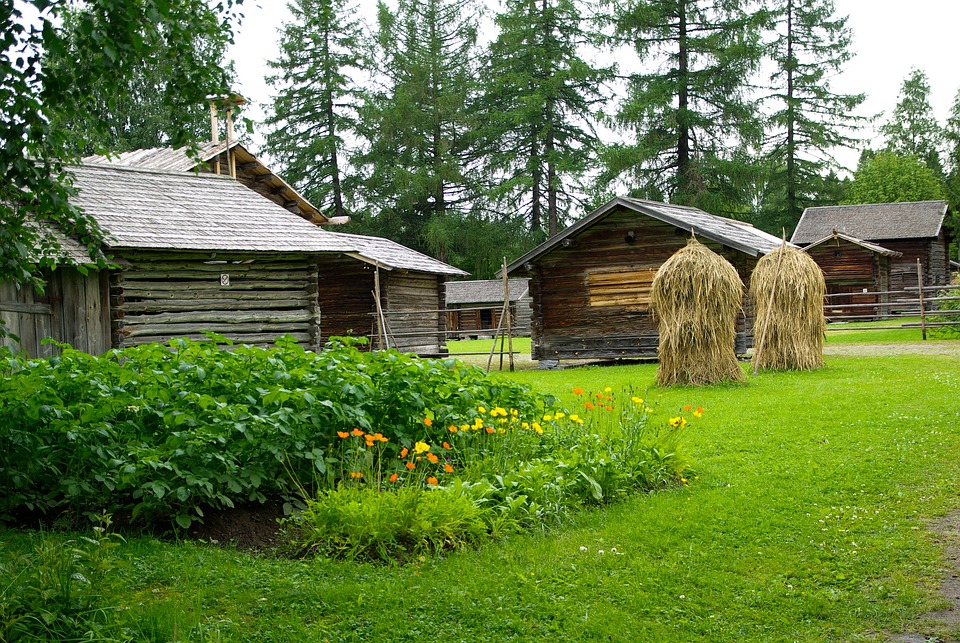Eco-Friendly Farming: Sustainable Practices for a Greener Future
When I first made the decision to live off the grid and embrace sustainable farming and gardening, I never imagined the incredible impact it would have on both my life and the environment. As I dove into this alternative lifestyle, I quickly learned the importance of implementing eco-friendly farming practices to create a healthier and greener future for our planet. With a passion for sustainable living and a love for nurturing the land, I have discovered a variety of innovative and eco-conscious farming techniques that not only benefit the environment, but also produce bountiful harvests. Join me on this journey as we explore the world of eco-friendly farming and learn how sustainable practices can pave the way for a brighter, greener future.
Sustainable farming is all about working in harmony with nature to produce healthy, organic crops while minimizing our impact on the environment. By utilizing eco-friendly farming practices, we can reduce the use of harmful chemicals, conserve natural resources, and foster a more biodiverse ecosystem on our land. From organic fertilizers and permaculture techniques to efficient water management and renewable energy sources, there are countless ways to embrace sustainability in farming and gardening. By implementing these eco-friendly practices, we can create a positive impact on the planet and leave a legacy of environmental stewardship for future generations.
One of the key principles of eco-friendly farming is the use of organic fertilizers and compost. By utilizing natural, nutrient-rich materials to fertilize the soil, we can promote healthy plant growth without the need for synthetic chemicals. Composting not only reduces waste and provides a natural source of nutrients for the soil, but it also helps to improve soil structure and moisture retention. Whether you’re creating a simple backyard compost pile or utilizing large-scale composting techniques on your farm, incorporating organic fertilizers and compost into your farming practices is a crucial step towards sustainable, eco-friendly farming.
Another essential aspect of eco-friendly farming is water management. By implementing efficient irrigation systems, capturing rainwater, and utilizing water-saving techniques, we can reduce water waste and preserve this precious resource. Drip irrigation, rain barrels, and mulching are just a few examples of sustainable water management practices that can significantly reduce water consumption and promote healthy plant growth. By conserving water and utilizing it efficiently, we can minimize our impact on the environment while still achieving successful harvests.
In addition to organic fertilizers and water management, permaculture techniques play a vital role in eco-friendly farming. Permaculture is a holistic approach to farming and gardening that focuses on creating sustainable, self-sufficient ecosystems. By mimicking natural patterns and incorporating elements such as polyculture, companion planting, and agroforestry, we can create diverse, resilient growing spaces that produce a wide range of crops and support a thriving ecosystem. Through permaculture, we can nurture the land while fostering biodiversity and promoting sustainable farming practices.
Renewable energy sources are another essential component of eco-friendly farming. By harnessing the power of the sun, wind, and water, we can reduce our reliance on non-renewable energy and minimize our carbon footprint. Solar panels, wind turbines, and micro-hydro systems are just a few examples of renewable energy sources that can power our farms and reduce our environmental impact. By embracing renewable energy, we can create a more sustainable, self-sufficient farming operation that benefits both the environment and our bottom line.
Pro Tips:
– Start small and gradually implement eco-friendly practices into your farming and gardening routine.
– Embrace the power of community and collaborate with other sustainable farmers to share knowledge and resources.
– Continuously educate yourself about new eco-friendly farming techniques and stay up to date on the latest advancements in sustainable agriculture.
In conclusion, eco-friendly farming is a powerful and rewarding way to promote sustainability, nurture the land, and create a greener future for our planet. By implementing organic fertilizers, efficient water management, permaculture techniques, and renewable energy sources, we can reduce our environmental impact and foster a thriving ecosystem on our farms. Whether you’re a seasoned farmer or just starting out on your sustainable farming journey, there are countless ways to embrace eco-friendly practices and make a positive impact on the environment. Together, we can work towards a brighter, greener future through sustainable, eco-friendly farming.



